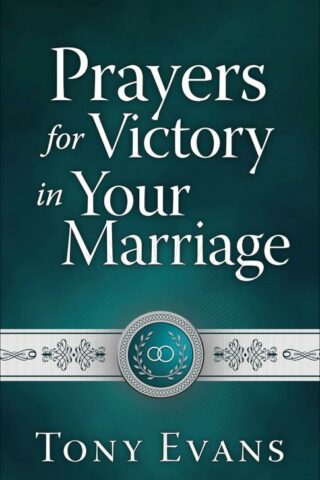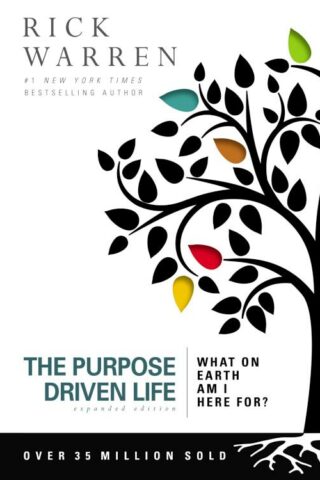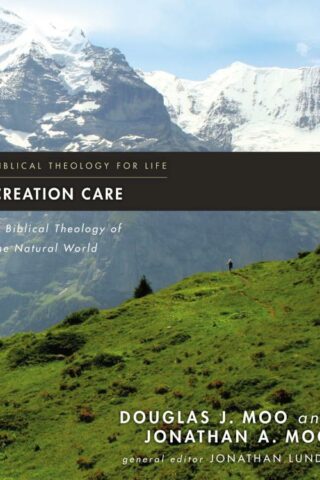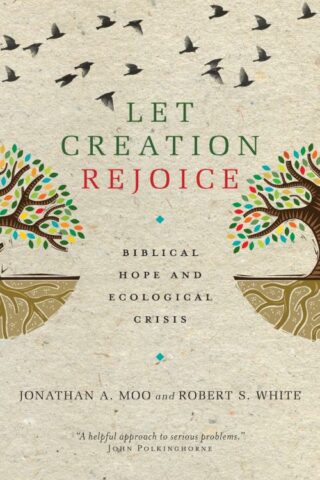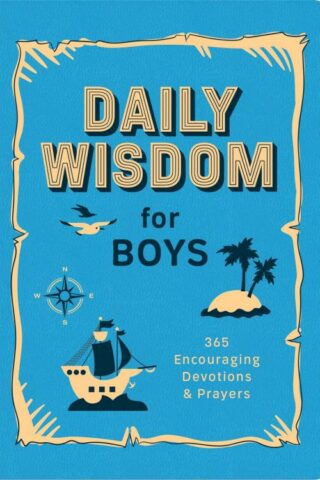Jonathan Moo
Showing all 2 resultsSorted by latest
-
Creation Care : A Biblical Theology Of The Natural World
$31.23The obvious damage that human beings are inflicting on the created world as well as the growing scientific consensus that humankind is contributing measurably to the potentially devastating effects of global warming have thrust the “environment” to the forefront of political and social issues. Yet most evangelicals, including leaders and pastors, lack the theological basis needed to respond biblically to these issues. Most of the theological assessments currently on offer suffer from particular theological and/or hermeneutical biases that render them unpalatable or inaccessible to many evangelicals. To be sure, some fine contributions by evangelical scholars have been written, but many of these are quite general or lack careful biblical-exegetical grounding. Moreover, few of the theological treatments available interact capably with the scientific data. What is needed is a book that grounds theological reflection on the created world in careful scriptural exegesis and which applies genuinely biblical principles to the current situation as described by the consensus of scientific investigators. Bringing together their expertise in biblical studies and science, Doug and Jonathan Moo trace several key biblical themes through Scripture in an effort to situate the created world within biblical theology in general. Specific themes that receive attention in this book are:
the value and status assigned to non-human creation,
the relationship of creation to redemption,
the place of human beings within creation,
the understanding of and significance assigned to the land in OT law and prophecy, and
the future of the created world envisaged in the NT.In a series focused on the significance of biblical theology “for life,” it is important to assess the practical implications of this biblical theology. This book offers reflections on the biblical mandate that God’s people embody and live out God’s own perspective on the created world, as well as consideration of how the command to love others might affect the way we treat the earth upon which we and all other life depends. Moreover, effective Christian response to the biblical-theological teaching about the created world also requires that we attend carefully to the nature and needs of that created world. This means both trying to recapture the joy expressed by the Psalmists in God’s good creation and also giving serious attention to the threats facing creation; a summary of the current scientific consensus
Add to cartin stock within 3-5 days of online purchase
-
Let Creation Rejoice
$26.99Preface
Chapter 1. Apocalypse Now? Living In The Last Days
Chapter 2. Life On Earth Today
Chapter 3. Global Climate Change
Chapter 4. Why Hope? The Gospel And The Future
Chapter 5. Bringing New Testament Hope Down To Earth
Chapter 6. Cosmic Catastrophe?
Chapter 7. Jesus, A Thief In The Night And The Kingdom Of God
Chapter 8. Revelation And The Renewal Of All Things
Chapter 9. Finding Joy In An Active And Living Hope
Afterword. Practical Resources
IndexAdditional Info
Let all creation rejoice before the LORD, for he comes. Psalm 96:13 The Bible is bathed with images of God caring for his creation in all its complexity. Yet in the face of climate change and other environmental trends, philosophers, filmmakers, environmentalists, politicians and senior scientists increasingly resort to apocalyptic rhetoric to warn us that a so-called perfect storm of factors threatens the future of life on earth. Jonathan Moo and Robert White ask, “Do these dire predictions amount to nothing more than ideological scaremongering, perhaps hyped-up for political or personal ends? Or are there good reasons for thinking that we may indeed be facing a crisis unprecedented in its scale and in the severity of its effects?” The authors encourage us to assess the evidence for ourselves. Their own conclusion is that there is in fact plenty of cause for concern. Climate change, they suggest, is potentially the most far-reaching threat that our planet faces in the coming decades, and also the most publicized. But there is a wide range of much more obvious, interrelated and damaging effects that a growing number of people, consuming more and more, are having on the planet upon which we all depend. Yet if the Christian gospel fundamentally reorients us in our relationship to God and his world, then there ought to be something radically distinctive about our attitude and approach to such threats. In short, there ought to be a place for hope. And there ought to be a place for Christians to participate in that hope. Moo and White therefore reflect on the difference the Bible’s vision of the future of all of creation makes. Why should creation rejoice? Because God loves and cares the world he made.Add to cartin stock within 3-5 days of online purchase

